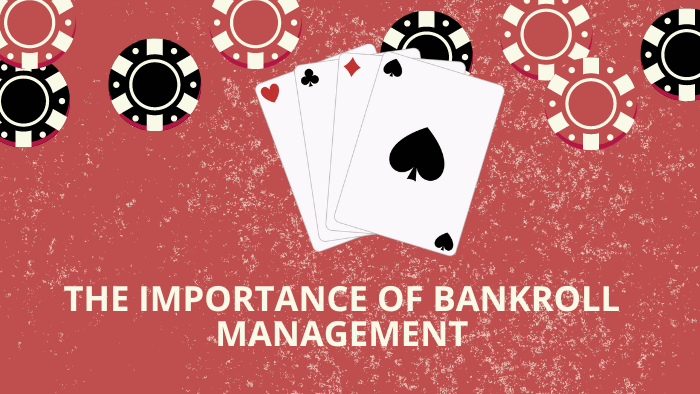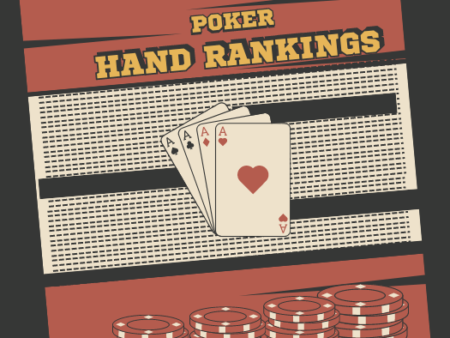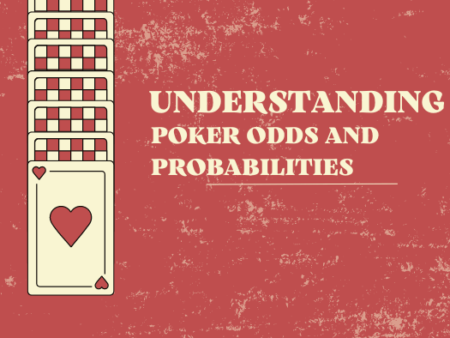
Introduction
Bankroll management is a fundamental skill for any poker player, whether amateur or professional. It’s the backbone of a successful poker career, dictating how you navigate the financial aspects of the game.
This article delves into the essence of bankroll management, offering insights, strategies, and tips to help you maintain a healthy poker bankroll.
Understanding Bankroll Management
What is Bankroll Management?
Bankroll management refers to how a player manages their poker funds.
It’s a set of principles and strategies designed to minimize losses, maximize winnings, and prevent a complete financial downfall.
Proper bankroll management ensures that a player can withstand the natural variance of the game without going broke.
Why is Bankroll Management Important?
- Sustainability: It allows players to sustain their poker career over the long term, regardless of short-term wins or losses.
- Risk Mitigation: By managing the bankroll effectively, players reduce the risk of losing their entire stake in a short period.
- Stress Reduction: Knowing that they are only risking what they can afford to lose, players can make better decisions and play without the fear of financial ruin.
Key Principles of Bankroll Management
- Set Clear Boundaries: Decide on the maximum percentage of your bankroll that you are willing to risk in a single game or session.
- Understand Variance: Acknowledge that poker is a game of skill and luck, and even the best players can experience losing streaks due to variance and being on the bad side of probabilities.
- Choose the Right Games: Participate in games and tournaments that are appropriate for your bankroll size and skill level.
- Keep a Separate Bankroll: Your poker bankroll should be distinct from your personal finances to avoid the temptation of dipping into savings or funds reserved for essential expenses.
- Be Disciplined: Stick to your bankroll management plan, regardless of recent wins or losses.
Strategies for Effective Bankroll Management
Choosing the Correct Limits and Games
- Buy-in Limits: As a general rule, avoid entering a game or tournament where the buy-in is more than 2-5% of your total bankroll.
- Game Selection: Focus on games where you have a competitive edge. Playing at higher stakes for the thrill or chasing losses can quickly deplete your bankroll.
Adjusting to Winning and Losing
- Moving Up Stakes: Increase the stakes only when your bankroll justifies it, not just after a few successful sessions.
- Stepping Down: Don’t hesitate to move down in stakes if your bankroll decreases significantly. This can prevent further losses and give you a chance to rebuild.
Record Keeping
- Track Your Results: Keep detailed records of your wins, losses, and expenses related to poker. This can help you analyze your performance and make informed decisions about bankroll management.
Advanced Bankroll Management Tips
- Set Aside a Reserve: Have a reserve fund that you can tap into if you hit a losing streak, preventing you from depleting your main bankroll.
- Invest in Your Education: Allocate a portion of your winnings towards learning and improving your game, which can lead to better results and a healthier bankroll in the long term.
Conclusion
Bankroll management is not just about preserving your funds; it’s about fostering a mindset that promotes responsible gambling, disciplined play, and continuous improvement.
By adhering to the principles outlined in this article, you can enjoy the game of poker sustainably, with the confidence that you are well-prepared to face its ups and downs.
FAQs
The amount needed to start playing poker varies depending on the stakes and the type of game. However, a common recommendation is to have at least 20 to 30 times the buy-in for cash games and at least 50 buy-ins for tournaments to comfortably manage your bankroll.
The safest way to manage your poker bankroll is by playing at stakes that are appropriate for your bankroll size, adhering to strict buy-in limits, and avoiding the temptation to chase losses by moving up in stakes too quickly.
You should consider moving up in stakes when your bankroll exceeds the recommended amount for your current level (e.g., having more than 30 times the buy-in for cash games or more than 50 buy-ins for tournaments) and you consistently win over a significant sample size.
If you’re on a losing streak, take a step back to analyze your gameplay for potential leaks or strategic errors. Consider dropping down in stakes to rebuild your bankroll and confidence, and seek ways to improve your skills, such as studying poker strategy or hiring a coach.
While it’s tempting to use poker winnings for personal expenses, it’s crucial to maintain a separate bankroll for poker. Using winnings for personal expenses can deplete your bankroll and affect your ability to play in the future. It’s better to treat poker winnings as reinvestment into your bankroll until you’ve built up a significant reserve.








